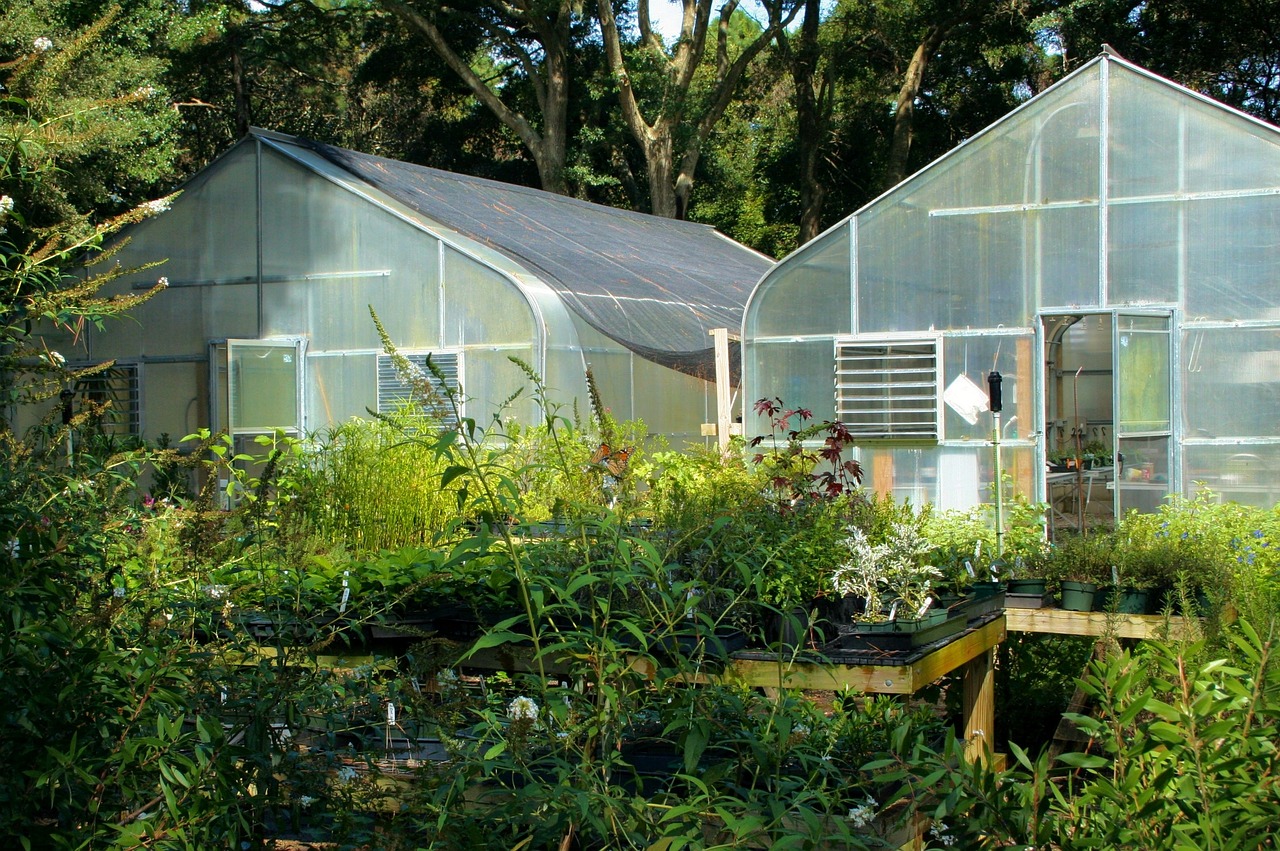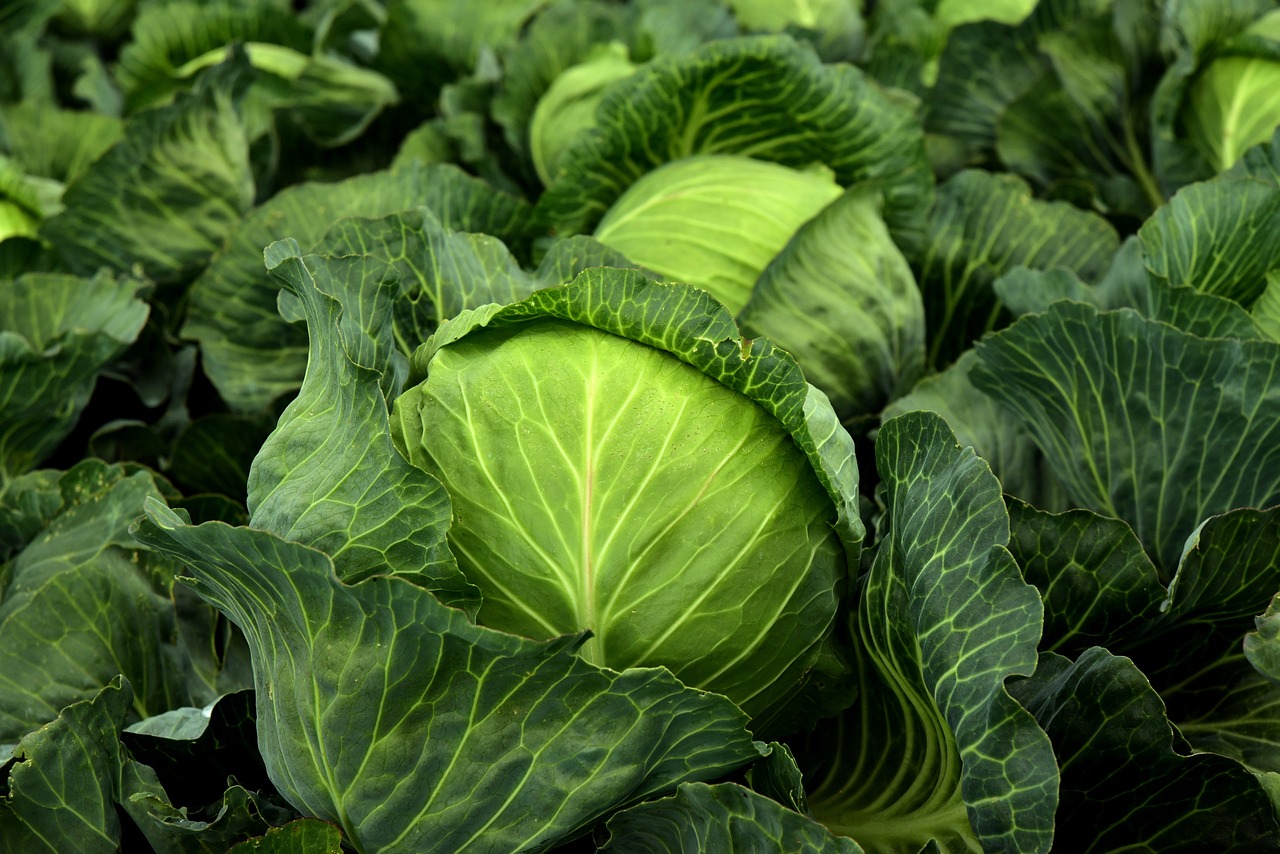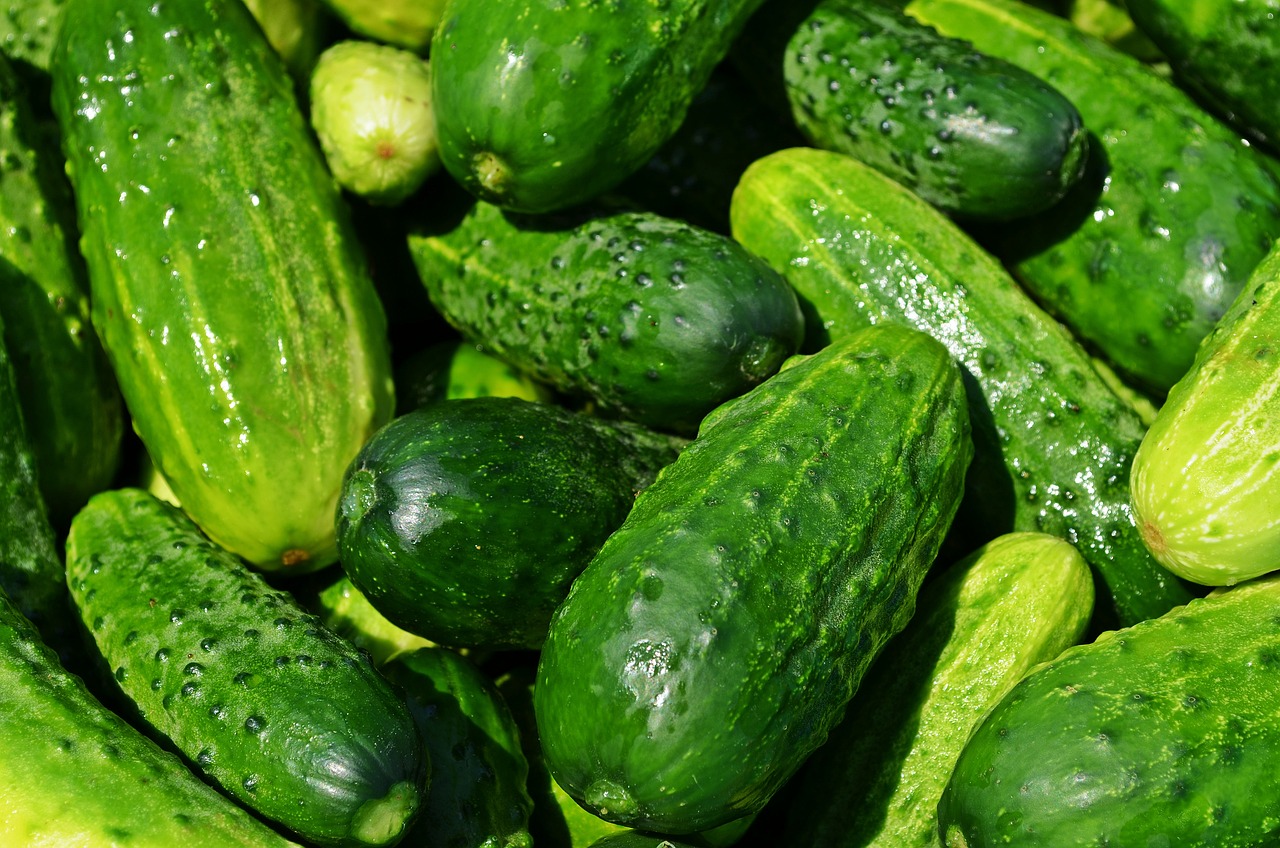Are you a fan of sweet and juicy strawberries? Have you ever considered growing your own organic strawberries at home?
Not only is it a fun and rewarding experience, but you can also enjoy the benefits of fresh, delicious berries without any harmful chemicals or pesticides.
Growing organic strawberries at home may seem like a daunting task, but with the right strategies and techniques, it can be a simple and enjoyable process.
From choosing the right variety to managing pests and diseases naturally, this article will provide you with all the information you need to successfully grow your own organic strawberries at home.
So, roll up your sleeves and get ready to dig in!
Choosing the Right Variety of Organic Strawberries
Choosing the right variety of organic strawberries is crucial for ensuring a bountiful harvest, so don’t skimp on your research! Varieties comparison should be one of your top priorities when deciding which type of strawberry to grow.
Different varieties have varying taste, size, and texture, so it’s important to choose one that suits your personal preferences. For instance, some varieties are sweeter than others, while some are more acidic. Some are smaller in size, while others are larger. By comparing the different varieties, you can find the one that best fits your taste buds.
Another important factor to consider is the seasonal availability of the variety you choose. Some varieties of organic strawberries are more suited for planting during the spring, while others can be planted during the fall. Knowing the seasonal availability of your chosen variety will help you make the necessary preparations and adjustments to ensure that your strawberries grow healthy and strong.
This includes adjusting the soil pH level, providing adequate water and nutrients, and ensuring that the plants receive enough sunlight. By taking these factors into account, you can ensure that your organic strawberries thrive and produce a bountiful harvest.
Preparing the Soil for Optimal Growth
To ensure the healthiest soil for your strawberry plants, you’ll want to mix in organic compost and other nutrient-rich materials before planting. Composting benefits your soil by providing essential nutrients for your plants, while also improving water retention and soil structure. By adding compost to your soil, you’ll be giving your strawberry plants the best chance to thrive and produce delicious fruit.
Another important factor to consider when preparing your soil is its pH level. Strawberry plants prefer a slightly acidic soil with a pH level between 5.5 and 6.5. You can easily test your soil’s pH level with a kit from your local garden center.
If your soil is too acidic, you can add lime to raise the pH level. If it’s too alkaline, you can add sulfur to lower it. By taking the time to prepare your soil properly, you’ll be setting your organic strawberry plants up for success.
Planting and Caring for Your Organic Strawberries
Now that you’ve prepared your soil, it’s time to get your hands dirty and start planting and caring for your delicious organic strawberry plants.
Container gardening is a great option for those with limited space, as it allows you to grow strawberries in small pots or containers. Make sure the container has drainage holes and is filled with a high-quality potting mix.
Plant your strawberry seedlings about 6 inches apart and water them regularly, making sure the soil stays moist but not waterlogged.
Another option for growing strawberries at home is vertical farming. This involves using a special system that allows you to grow strawberries vertically, which saves space and can also help prevent pest and disease problems.
To start, choose a sunny location and install a vertical farming system. Plant your strawberry seedlings in the pockets or containers provided and water them regularly.
As your plants grow, make sure to prune them regularly to encourage more fruit production.
With proper care and attention, you’ll soon be enjoying a bountiful harvest of sweet, juicy organic strawberries!
Managing Pests and Diseases Naturally

One effective method for keeping pests and diseases at bay is by regularly inspecting your strawberry plants for any signs of infestation or infection. Look for pests such as aphids, spider mites, and slugs, which can quickly damage your plants.
Also, check for any signs of disease, such as wilting leaves or discolored berries. Early detection of these problems can help you prevent them from spreading and causing more damage to your plants.
Another way to naturally manage pests and diseases in your strawberry plants is through companion planting. Certain plants, such as marigolds and basil, can help repel pests and attract beneficial insects that will prey on harmful bugs.
Additionally, you can make homemade pest remedies using ingredients such as garlic, hot pepper, and vinegar. These natural remedies can be sprayed on your plants to deter pests and prevent disease.
By taking these natural approaches to pest and disease control, you can ensure that your organic strawberries remain healthy and thriving.
Harvesting and Enjoying Your Organic Strawberries
You can savor the delicious taste of your hard-earned organic strawberries by plucking them from the vine at their peak ripeness and enjoying them fresh or incorporating them into your favorite recipes.
One popular way to use your strawberries is by making strawberry desserts, such as strawberry shortcake, strawberry cheesecake, or strawberry ice cream. You can also try your hand at preserving your strawberry harvest by making strawberry jam or jelly, or by freezing them for later use in smoothies or baked goods.
To ensure that your strawberries are at their prime for harvesting, wait until they’re fully red and slightly soft to the touch. Gently twist the berry off the stem, being careful not to damage the surrounding fruit.
Once you have harvested your strawberries, store them in a cool place and consume them within a few days for maximum freshness. With a little care and creativity, you can savor the delicious taste of your organic strawberries all season long.
Frequently Asked Questions
How often should I water my organic strawberry plants?
To keep your organic strawberries healthy and thriving, adjust your watering frequency based on soil moisture. In hot climates, you may need to water daily. In cooler areas, every few days may suffice. Tips for organic strawberry irrigation in different seasons are essential for optimal growth.
Can I grow organic strawberries in containers?
Yes, you can grow organic strawberries in containers! Choose a container size that allows for proper drainage and root growth. Use a soil mix specifically designed for growing strawberries, with high organic matter and good drainage.
What is the best time of day to harvest organic strawberries?
When it comes to harvesting techniques for organic strawberries, the optimal timing is in the morning when the berries are cool and firm. Ensure proper nutrition requirements are met and practice post harvest care for best results.
How long does it take for organic strawberries to reach maturity?
Organic strawberry growth stages vary, but it typically takes 4-6 weeks for flowers to appear, 3-4 weeks for fruit to develop, and 2-3 weeks for them to ripen. A typical yield is 1-2 pounds per plant.
What are some common mistakes to avoid when growing organic strawberries at home?
When growing organic strawberries at home, common mistakes include overwatering, poor soil quality, and not providing enough sunlight. Troubleshooting includes pest control and disease prevention through regular inspections and natural remedies.
Conclusion
Congratulations! You’re now equipped with the knowledge and strategies to successfully grow your own organic strawberries at home.
Remember to choose the right variety that suits your location and climate. Prepare the soil with organic matter, and provide optimal care for your plants. Don’t forget to manage pests and diseases naturally.
Also, harvest your strawberries at the right time to enjoy their full flavor and nutrition.
Growing your own organic strawberries not only provides you with delicious and healthy fruit, but also allows you to connect with nature and enjoy the satisfaction of growing your own food.
So, get your hands dirty and start planting those strawberries!










